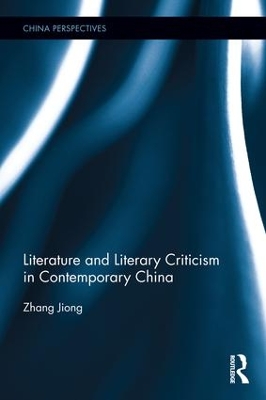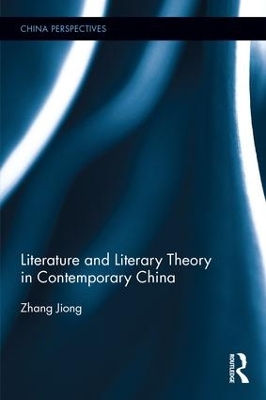China Perspectives
2 total works
Each age has its value system of literary criticism whose construction is inseparable from the mainstream ideology of the society. In contemporary China, the mainstream ideology is inevitably Marxism.
This book is composed of two parts. The first part studies literary criticism in contemporary China whose development is closely related to the popularization of Marxism and the unavoidable collisions between Marxism and other theories. It also introduces some relevant critical debates, such as the debate on the criticism of Yu Pingbo, a representative and one of the authoritative scholars studying The Dream of the Red Chamber. In the second part, the author expounds the history of Chinese literature from a macro-level perspective, involving works, genres, ideologies, schools, etc. He also discusses the challenges facing Chinese literature under the background of economic globalization. Will politics, cultures, including literature and arts, be globalized? In addition, the author puts forward that a dynamic concept is needed for a better understanding of Chinese culture and gives his suggestions about the "adjustments" Chinese people should make for the present.
This book will attract scholars and students of literary criticism studies and Chinese literary studies. People who are interested in Chinese literature and thought will also benefit from this book.
Marxism initiated a new era not only for people to fight for socialist future, but also for each discipline of sciences to witness profound changes. In such a context, literature, which has always been closely related to politics, will inevitably move toward a new direction.
This book is composed of two parts. Part One studies the development of literary theories in contemporary China from a Marxist perspective. It introduces the basic ideas of Marxist literary theories as well as their spread and development in China, such as the combination of the theories and Chinese revolutionary literature. Moreover, it discusses the challenges facing Marxist literary theories in the 21st century under the background of diversification of literature and art, in terms of theory and practice, and high technologies which brought about electronic writing and digital communication of literary works. The second part elucidates the author's insights into major issues concerning literary theories (e.g. the relationship between literature and people, literature and reality, perception and rationality in literary creation, etc.) This book will appeal to scholars and students of literary aesthetics and Chinese literary and cultural studies. People who are interested in history of contemporary Chinese literature will also benefit from this book.

